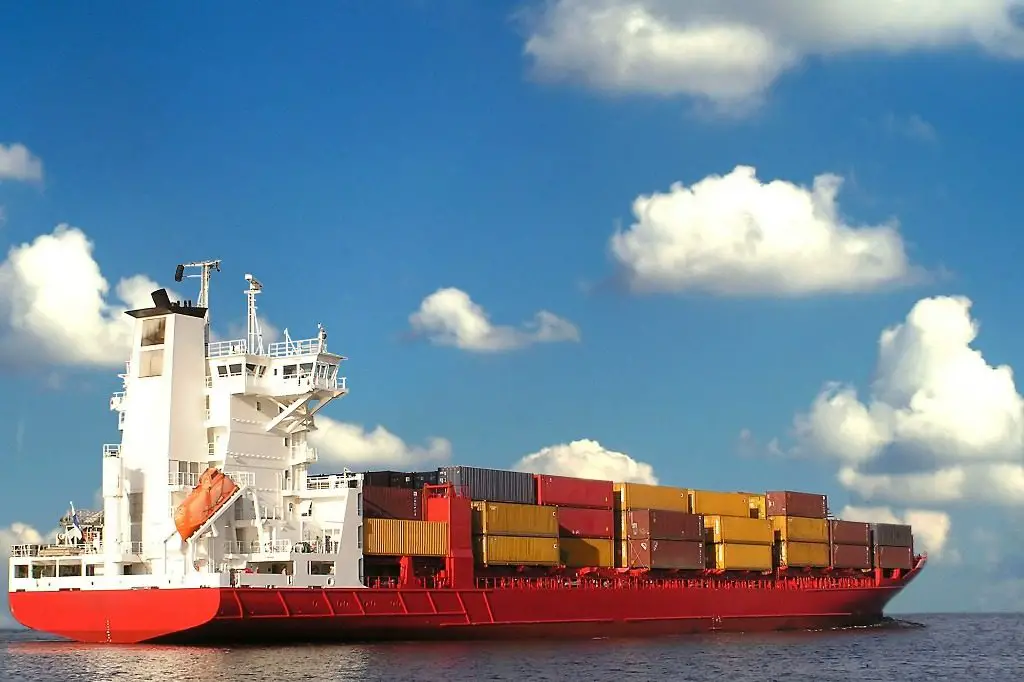What is the IMEC?
- The India-Middle East-Europe Corridor (IMEC) is a proposed transnational transportation and trade corridor connecting India, the Middle East, and Europe. The corridor plans to build transportation routes through land and sea, linking major commercial hubs in these regions. The IME corridor, upon its completion, has the potential to become one of the most important economic corridors in the world.
IMEC Plan:
- The IMEC seeks to connect India to Europe via the Middle East to provide a more direct and efficient route for trade.
- The corridor is planned to be developed from Mumbai, India, to Piraeus, Greece.
- The corridor will consist of transnational rail and shipping routes spread across two continents.
- For this plan, an MoU has been signed between Saudi Arabia, the European Union, India, the UAE, France, Germany, Italy, and the US.
Benefits of IMEC:
- It will provide a seamless movement of people and goods between the regions.
- It will increase trade by reducing the distance and inefficiencies in trade.
- It will also incentivize more investments in the region, providing a boost to economic growth in all three regions.
- It also seeks to help develop the infrastructure of countries by providing safe loans to them for the corridor.
- IMEC also aims to enhance food security and strengthen supply chains by building efficient transportation and trade networks.
- India’s western borders face complications due to geopolitical tensions with Pakistan and sanctions on Iran. IMEC will provide India with an alternative route that bypasses these challenges, ensuring smoother trade connections with the Middle East and Europe.
Purpose of the IMEC:
- IMEC aims to give competition to China and its Belt and Road Initiative (BRI).
- It challenges China’s monopoly on building infrastructure in other countries, which often leads to debt traps.
- IMEC also presents an alternative to BRI for countries for the movement of goods, people, and energy.
- IMEC reassures that engagement in the initiative will not burden participating countries with unsustainable debts.
Challenges of IMEC:
- A comprehensive corridor like the IMEC requires significant financial investments. Securing adequate funding and financial commitments from involved nations, international organizations, and private investors will be a primary challenge.
- There are challenges of political instability in the Middle East, which raises security concerns for the corridor.
- The IMEC passes through geopolitically sensitive regions, including Jordan and Israel. Building and operating the corridor despite regional tensions and complexities will be a challenge.
- Saudi Arabia and the UAE are significant participants in the IMEC, which are also involved in the BRI of China. Bringing equal or more commitment from these countries to IMEC too will be important.
Conclusion:
The India-Middle East-Europe Corridor (IMEC) stands as a promising vision for enhanced global trade and connectivity. By providing an alternative to China’s BRI, IMEC fosters healthy competition and offers nations more choices in their infrastructure and trade partnerships. The participant countries should be careful in their planning and implementing the project and should learn from the challenges faced by the Belt and Road Initiative (BRI), which has encountered issues related to coordination, financial packages, geopolitical and diplomatic problems. BRI is in its 10th year and still not yet finished, which just shows how complex these projects can be. With its successful completion, it has the potential to transform the way that goods and people move among India, the Middle East, and Europe.
Your Turn…
What’s your take on IMEC? Express your point of view in the comment section below. Subscribe to our blog to read answers to the trending GD topics.
References:
- India-Middle East-Europe Economic Corridor announcement sparks optimism
- What purpose does the India-Middle East-Europe Economic Corridor (IMEC) serve?
- Why India-Middle East-Europe Economic Corridor Is A Gamechanger
- A corridor of immense promise
Copyright @ Group Discussion Ideas.

